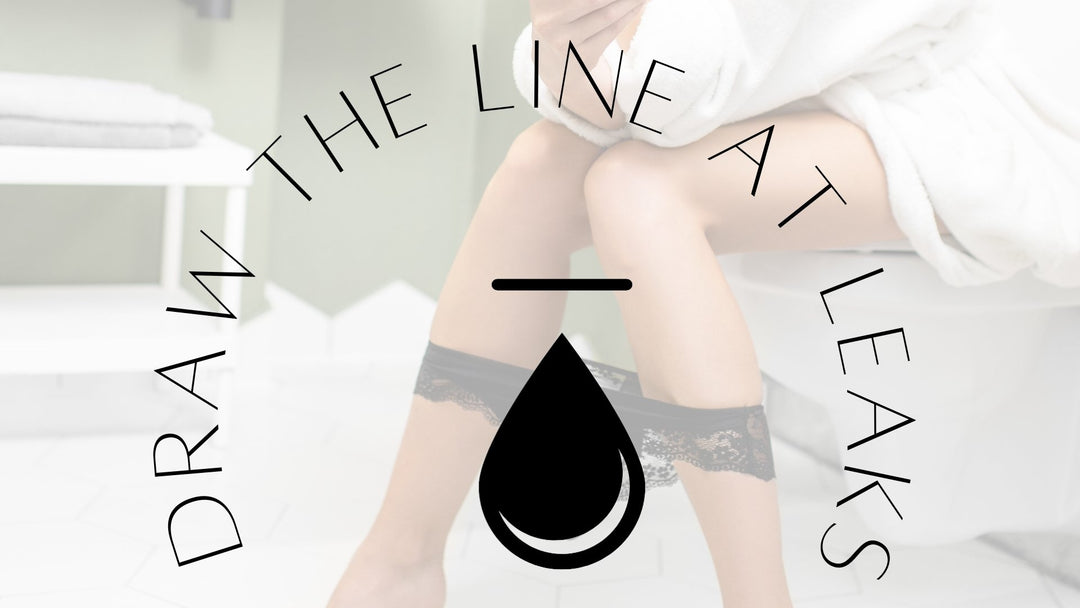Wait a sec… Is Pelvic Health On Your Radar?
Alright, it's a new year and if you're like most, you've likely set resolutions for yourself. However, how many are about your pelvic health?
Here's the thing, people with vaginas usually juggle a lot, no matter the age. Kids, work, partner, learning the latest dance craze on TikTok and creating food porn. What? Certainly, there's more than just us at the UL who enjoy taking pics of our taco plate from @californiatacos.

Seriously though, we have a lot on our plate to juggle and there's nothing like your pelvic health blowing up in your face at the wrong time, resulting in even more being heaped upon your plate. So, we’re going to share a few things to keep in mind, but before we do let’s break down what is.
PELVIC HEALTH IN A NUTSHELL
Pelvic Health is literally anything below the belly button and above the knees. This includes:
- Bladder and bowel health
- Vaginal Health
- Uterine Health
- Sexual Health
- Muscles and structures of the pelvic region (like the ones that keep you from having an oops dribble when you laugh or cough).
Now, you may have already known that bit of info. However, you may not be aware pelvic health disorders (PHD) negatively impacts 1 in 3 born with a vagina (Office on Women’s Health). That's approximately 50M people in the US! This number is only expected to grow, with anticipation of doubling by 2050. It’s important to note any condition negatively impacting one’s pelvic health can disrupt one's life resulting in depression, anxiety, inactivity, and diminished intimacy in relationships.
The other thing to keep in mind is although we hear a lot about pelvic health issues for women related to aging or having babies, this is not the only cause. Other conditions and disease processes can lead to PHDs, such as:
- Constipation
- Fibroids
- Endometriosis
- Even bladder control, which may begin as early as the start of menses - (menstrual periods) occurring roughly between the ages of nine and 14 years of age.
That said, there are fantastic treatments for PHDs, which can improve or even cure the disorder altogether via early detection, education, and behavioral therapies.
The takeaway? Mind your pelvic health, and inform your licensed medical provider about any changes you might be experiencing early on.
Cheers to You and your Below the Belt Health!







